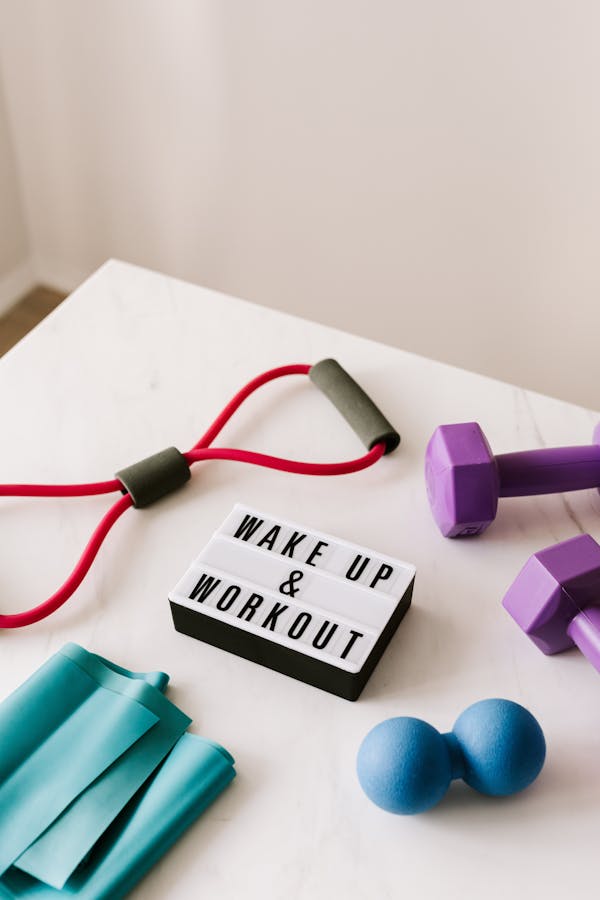Sure! I can help you create a fitness plan. Please keep in mind that it’s always a good idea to consult with a healthcare professional or a certified personal trainer before starting any new fitness program, especially if you have any underlying health conditions. With that said, here are some general guidelines for creating a fitness plan:

- Set Goals: Start by defining your fitness goals. Do you want to lose weight, build muscle, improve cardiovascular endurance, or enhance overall fitness? Setting specific and realistic goals will help you stay motivated and track your progress.
- Choose Activities: Select activities that align with your goals and that you enjoy. This could include a combination of cardiovascular exercises (such as running, cycling, swimming, or dancing) and strength training exercises (such as weightlifting, bodyweight exercises, or resistance training). Consider incorporating flexibility and mobility exercises as well, such as yoga or stretching routines.
- Frequency: Aim for a minimum of 150 minutes of moderate-intensity aerobic exercise or 75 minutes of vigorous-intensity aerobic exercise per week, spread out over several days. Additionally, incorporate strength training exercises at least two days a week, targeting all major muscle groups.
- Create a Schedule: Plan your workouts in advance and schedule them into your weekly routine. Consistency is key, so try to find a time that works best for you and stick to it. It could be mornings, evenings, or any other time that suits your lifestyle.
- Warm-up and Cool-down: Prior to each workout, perform a warm-up routine to prepare your body for exercise. This could include dynamic stretching, light cardio, and mobility exercises. After your workout, cool down with some static stretching to help your muscles recover and prevent post-exercise soreness.
- Progression: Gradually increase the intensity, duration, or difficulty of your workouts as your fitness level improves. This could involve adding more weight to your strength training exercises, increasing your running distance or speed, or trying more challenging variations of bodyweight exercises.
- Listen to Your Body: Pay attention to how your body feels during and after exercise. If you experience pain or discomfort, adjust your routine or seek guidance from a professional. Rest days are also essential for recovery, so make sure to include them in your plan.
- Stay Hydrated and Eat Well: Hydration and nutrition play a crucial role in supporting your fitness goals. Drink plenty of water throughout the day, especially during and after workouts. Focus on a balanced diet that includes lean proteins, whole grains, fruits, vegetables, and healthy fats to fuel your workouts and aid in muscle recovery.
- Track Your Progress: Keep a record of your workouts, including the exercises, sets, reps, and weights used. This will help you monitor your progress, identify areas of improvement, and stay motivated.

Remember, consistency, patience, and a positive mindset are key factors in achieving your fitness goals. Adapt the plan as needed based on your progress and consult with professionals whenever necessary. Good luck on your fitness journey!